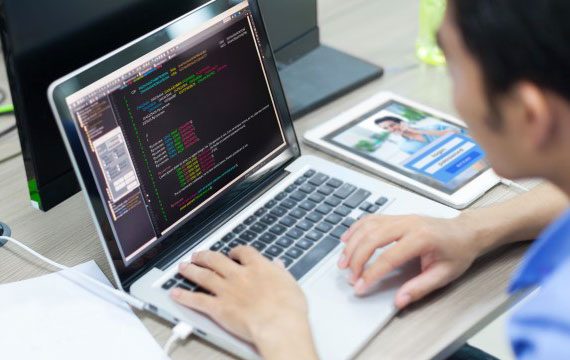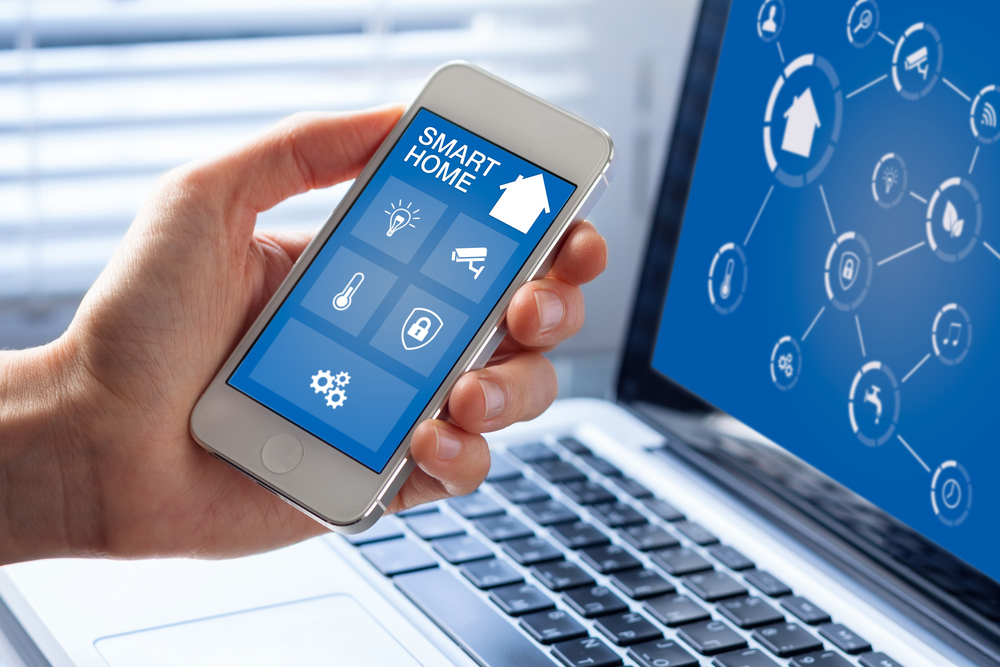Lie detector tests, also known as polygraph tests, have long been employed as a tool for verifying truthfulness across various domains, including fraud detection, employee evaluations, and legal proceedings. These tests measure physiological responses—such as heart rate, blood pressure, respiration, and skin conductivity—that are believed to change when an individual is lying. While lie detectors are not foolproof and their accuracy can be contested, they provide valuable insights and serve as a useful tool in many contexts. In the realm of fraud detection, polygraph tests are utilized to assess the honesty of individuals suspected of financial misconduct or deceit. Fraud cases often involve complex schemes where direct evidence might be sparse. In such scenarios, a lie detector test can serve as a supplementary method to gauge an individual’s truthfulness regarding their involvement or knowledge of fraudulent activities. For instance, in corporate settings, a polygraph test might be used to verify whether an employee is concealing information about financial discrepancies or insider trading.

Employee evaluations also benefit from the application of lie detector tests, particularly in situations where trust and integrity are paramount. Companies might employ polygraphs during the hiring process to ensure that prospective employees are honest about their qualifications, background, or criminal history. Additionally, in high-stakes industries where sensitive information is handled, lie detector tests might be used periodically to deter and detect dishonesty. However, the use of polygraphs in employment settings is subject to legal restrictions and ethical considerations, and it is crucial for organizations to balance their use with respect for privacy and fairness. In legal cases, lie detector tests are often employed to support investigations or verify testimonies. For instance, during criminal investigations, a polygraph test might be administered to witnesses or suspects to assess their credibility and visit the website poligrafo.es. While the results of such tests are generally not admissible in court as definitive evidence, they can help law enforcement agencies to focus their investigations and determine the veracity of statements made by individuals involved in a case.
Despite their potential benefits, lie detector tests are not without controversy. The accuracy of polygraph tests is debated among experts, with some arguing that the physiological responses measured by the test can be influenced by factors unrelated to deception, such as anxiety or medical conditions. Furthermore, the interpretation of polygraph results can be subjective, and the technology’s reliability varies among different practitioners. As a result, while lie detector tests can offer useful supplementary information, they should be used with caution and in conjunction with other evidence. In conclusion, lie detector testing remains a prominent tool in truth verification across fraud detection, employee evaluations, and legal cases. While it offers valuable insights and helps in the investigative process, it is essential to recognize its limitations and use it as part of a broader strategy for determining truthfulness. As technology and methodologies continue to evolve, ongoing scrutiny and improvement will be crucial in enhancing the efficacy and ethical application of lie detector tests.




